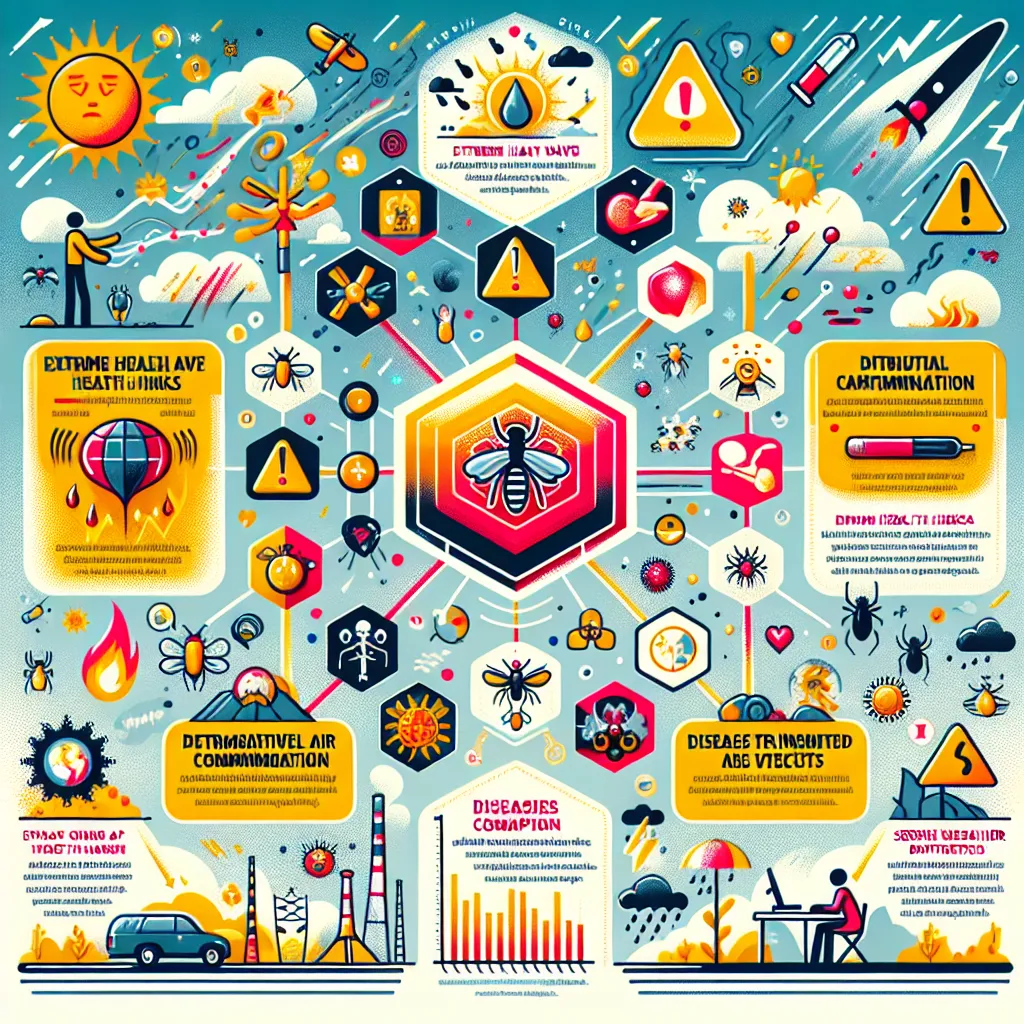Social media’s impact on political discourse has become an increasingly popular topic in IELTS Writing Task 2. This theme has appeared in various forms in recent exams and is likely to continue being a relevant subject for future tests. Given its significance in modern society, candidates should be well-prepared to address this issue. Let’s examine a sample question and explore how to craft high-scoring responses.
 Social media's impact on political discourse
Social media's impact on political discourse
Analyzing the Question
Let’s consider the following question:
Social media has become a primary source of political information for many people. Some argue that this has led to more informed and engaged citizens, while others believe it has increased polarization and the spread of misinformation. Discuss both views and give your own opinion.
This question requires you to:
- Discuss the positive view: Social media leads to more informed and engaged citizens.
- Discuss the negative view: Social media increases polarization and spreads misinformation.
- Provide your own opinion on the issue.
Sample Essay (Band 8-9)
In recent years, social media platforms have emerged as a dominant source of political information, sparking debate about their impact on civic engagement and discourse. While some argue that these platforms create a more informed and politically active citizenry, others contend that they exacerbate polarization and facilitate the spread of misinformation. This essay will examine both perspectives before offering a nuanced opinion on this complex issue.
Proponents of social media’s positive influence on political discourse argue that these platforms democratize information access and encourage participation. By providing instant updates on political events and facilitating discussions, social media enables citizens to stay informed and engage in debates more easily than ever before. For example, Twitter has become a crucial tool for politicians to communicate directly with constituents, bypassing traditional media gatekeepers. This direct connection can foster transparency and accountability in the political process, potentially leading to a more engaged electorate.
However, critics argue that social media’s impact on political discourse is largely detrimental. The algorithms that drive these platforms often create “echo chambers” where users are primarily exposed to information that aligns with their existing beliefs, reinforcing biases and deepening political divides. Moreover, the rapid spread of misinformation on social media can mislead voters and undermine the integrity of democratic processes. The Cambridge Analytica scandal during the 2016 U.S. presidential election exemplifies how social media can be manipulated to influence political outcomes through targeted disinformation campaigns.
In my view, while social media has the potential to enhance political engagement, its current implementation often does more harm than good. The ease of sharing information, regardless of its veracity, combined with the polarizing nature of many online interactions, can lead to a more fractured and misinformed public. However, I believe that with proper regulation and digital literacy education, social media could become a more positive force in political discourse.
In conclusion, social media’s role in shaping political discourse is a double-edged sword. While it offers unprecedented opportunities for civic engagement, it also poses significant challenges to the quality and integrity of political information. Moving forward, it is crucial to address the negative aspects of social media’s influence on politics while harnessing its potential to create a more informed and participatory democracy.
(Word count: 365)
Sample Essay (Band 6-7)
Social media has become very important for political information in recent years. Some people think it makes citizens more informed and involved, but others believe it causes more division and false information. This essay will look at both sides and give my opinion.
On the positive side, social media helps people learn about politics easily. Many people use platforms like Facebook and Twitter to get news and discuss political issues. This can make them more interested in politics and want to participate. For example, during elections, people can quickly find information about candidates and share their thoughts with others. This might make more people vote and be active in politics.
However, there are also negative effects of social media on political discussions. One problem is that people often only see information they already agree with, which can make them less open to other views. Also, fake news can spread quickly on social media, which can confuse people about what is true. This happened in many countries during recent elections, where false stories were shared widely on social media platforms.
In my opinion, while social media can be helpful for political engagement, it also has serious problems. I think the spread of false information and the way it divides people are big issues that need to be addressed. However, if used carefully, social media could still be a good tool for political discussions.
To conclude, social media has both positive and negative effects on political discourse. It can help people be more informed and involved, but it can also spread misinformation and increase political divisions. In the future, we need to find ways to reduce the negative impacts while keeping the benefits of social media for political discussions.
(Word count: 292)
Key Points to Remember When Writing
-
Structure: Both essays follow a clear structure with an introduction, body paragraphs discussing each viewpoint, the writer’s opinion, and a conclusion. The band 8-9 essay demonstrates more sophisticated paragraph development and transitions.
-
Language: The band 8-9 essay uses more advanced vocabulary and complex sentence structures, while the band 6-7 essay uses simpler language but still maintains clarity.
-
Examples: Both essays provide examples to support their points, but the band 8-9 essay offers more specific and relevant examples (e.g., the Cambridge Analytica scandal).
-
Analysis: The band 8-9 essay offers deeper analysis and more nuanced arguments, while the band 6-7 essay presents more straightforward points.
-
Opinion: Both essays clearly state the writer’s opinion, but the band 8-9 essay provides a more balanced and thoughtful perspective.
Vocabulary and Grammar Tips
To improve your score, consider using these advanced vocabulary items and grammatical structures:
-
Democratize (verb) – make something accessible to everyone
Example: Social media has democratized access to political information. -
Exacerbate (verb) – make a problem worse
Example: Some argue that social media exacerbates political polarization. -
Echo chamber (noun) – an environment where a person only encounters beliefs or opinions that coincide with their own
Example: Social media algorithms can create echo chambers, limiting exposure to diverse viewpoints. -
Integrity (noun) – the quality of being honest and having strong moral principles
Example: The spread of misinformation on social media can undermine the integrity of democratic processes. -
Nuanced (adjective) – characterized by subtle shades of meaning or expression
Example: The impact of social media on political discourse requires a nuanced understanding.
Remember to use a variety of sentence structures, including complex and compound sentences, to demonstrate your language proficiency. Also, make sure to use linking words and phrases to improve the coherence and cohesion of your essay.
Conclusion
The topic of social media’s impact on political discourse is likely to remain relevant in IELTS Writing Task 2. To prepare for this and similar topics, practice writing essays that discuss both positive and negative aspects of technological advancements in society. Some potential future questions might include:
- The role of social media in political campaigns and elections
- The impact of online echo chambers on political polarization
- The responsibility of social media platforms in combating misinformation
Remember to analyze the question carefully, plan your essay structure, and use a range of vocabulary and grammatical structures appropriate to your target band score. Practice writing essays on these topics and consider sharing them in the comments section below for feedback and discussion. This active engagement will help you improve your writing skills and prepare more effectively for the IELTS exam.


